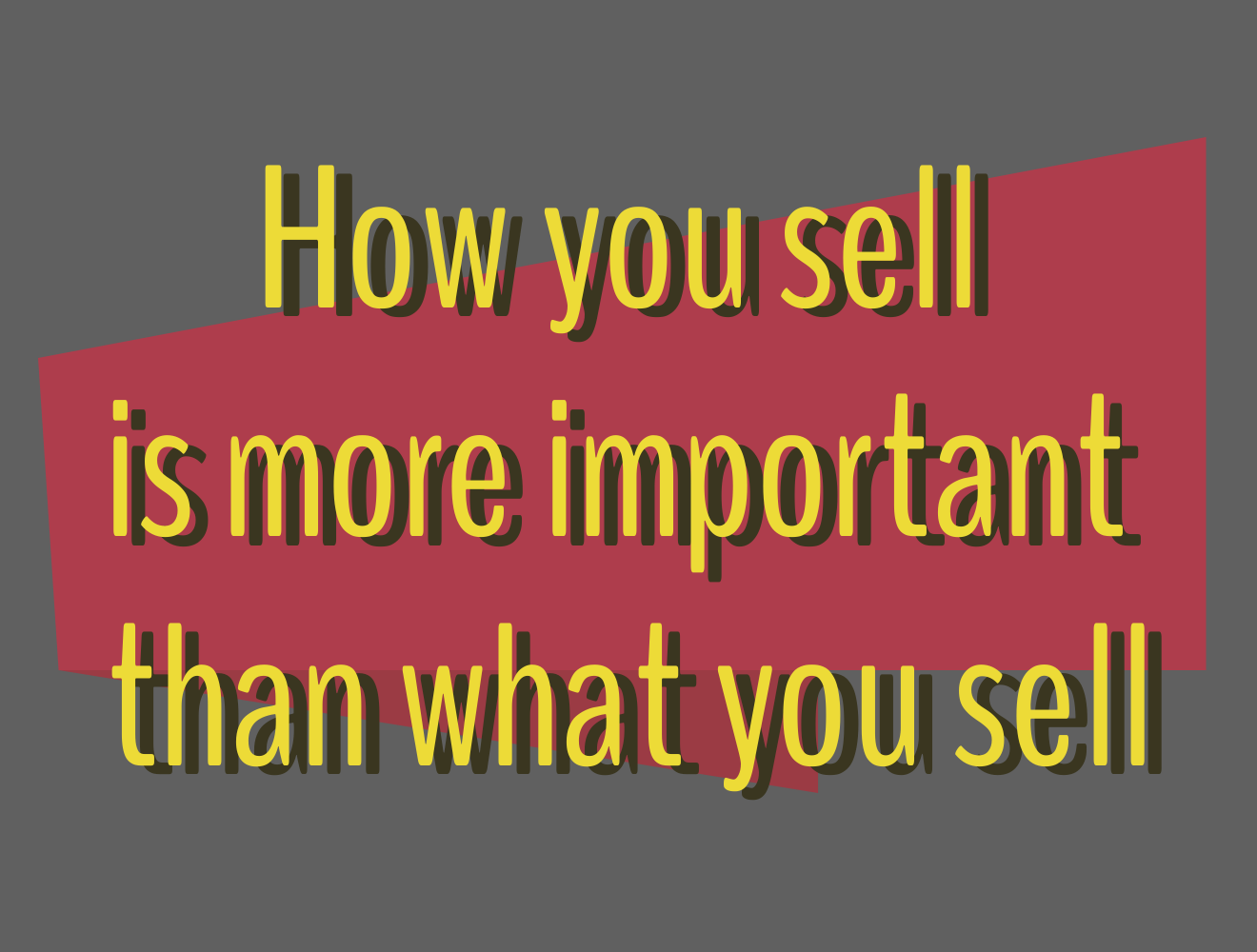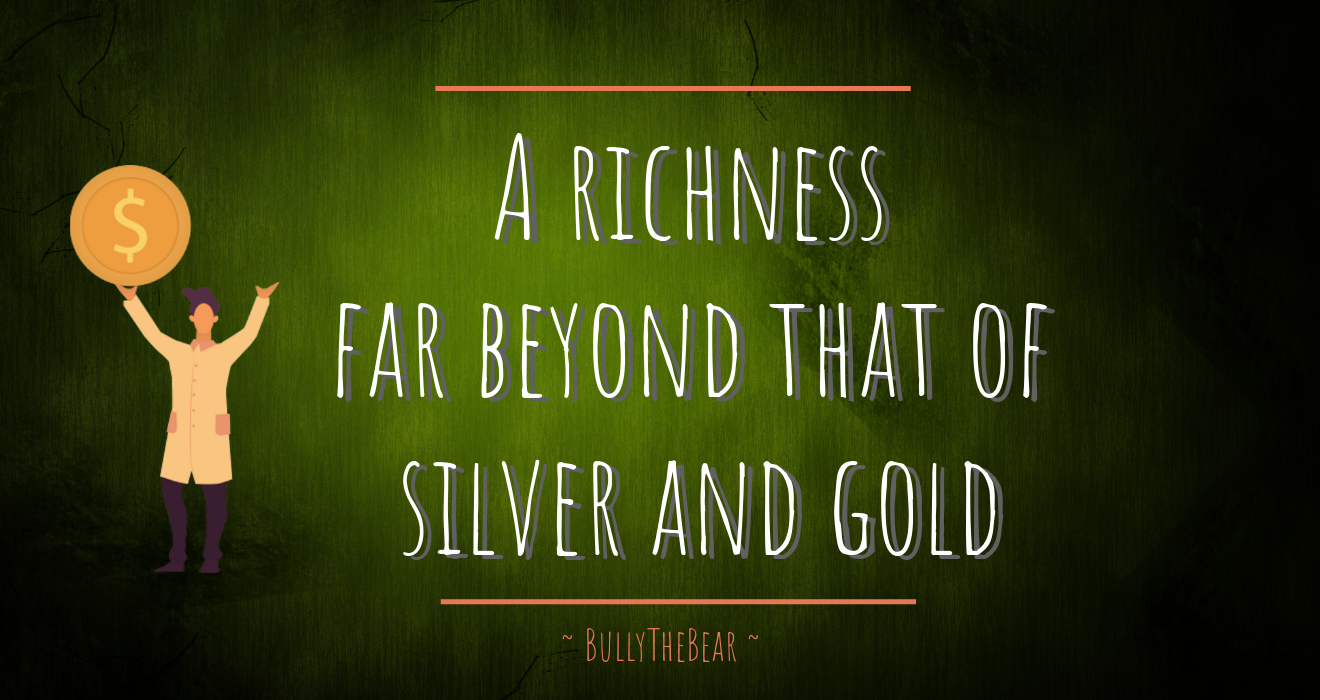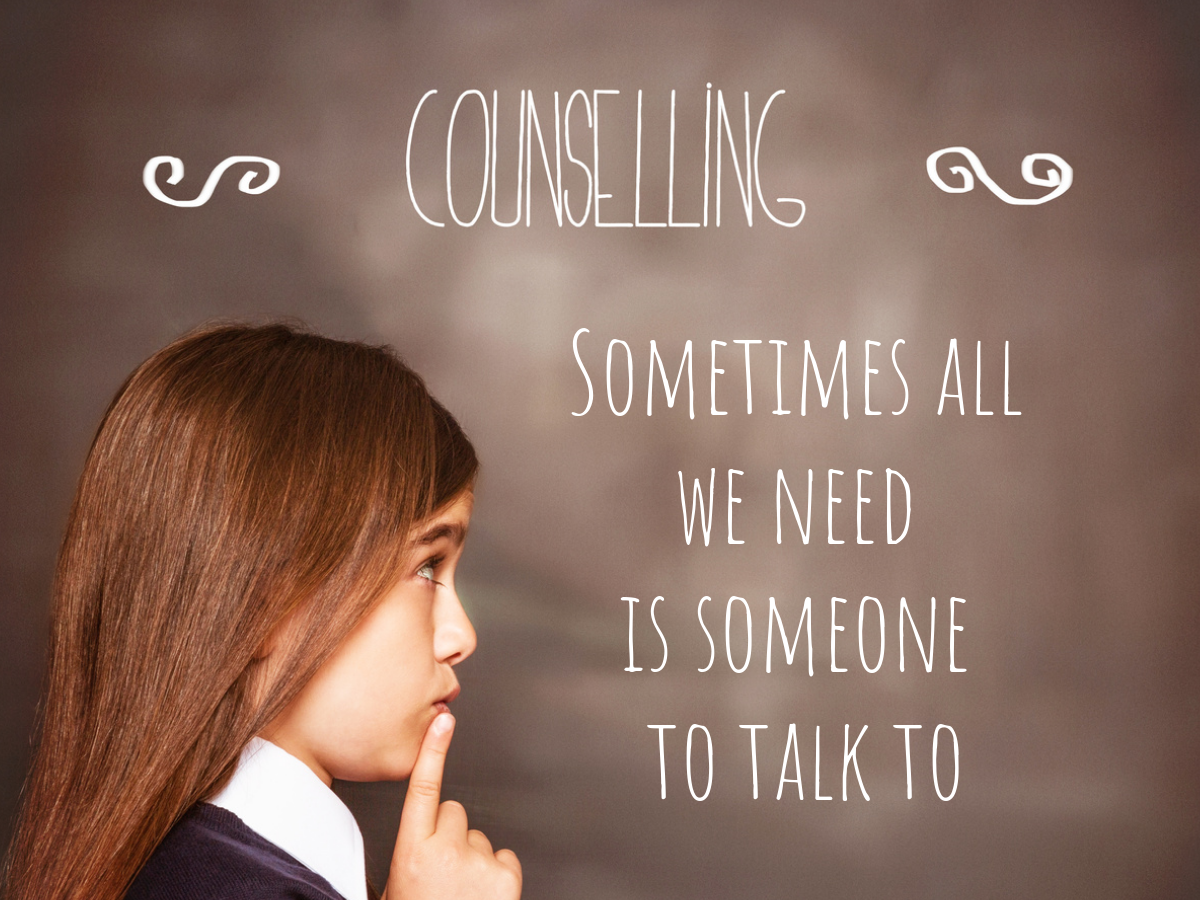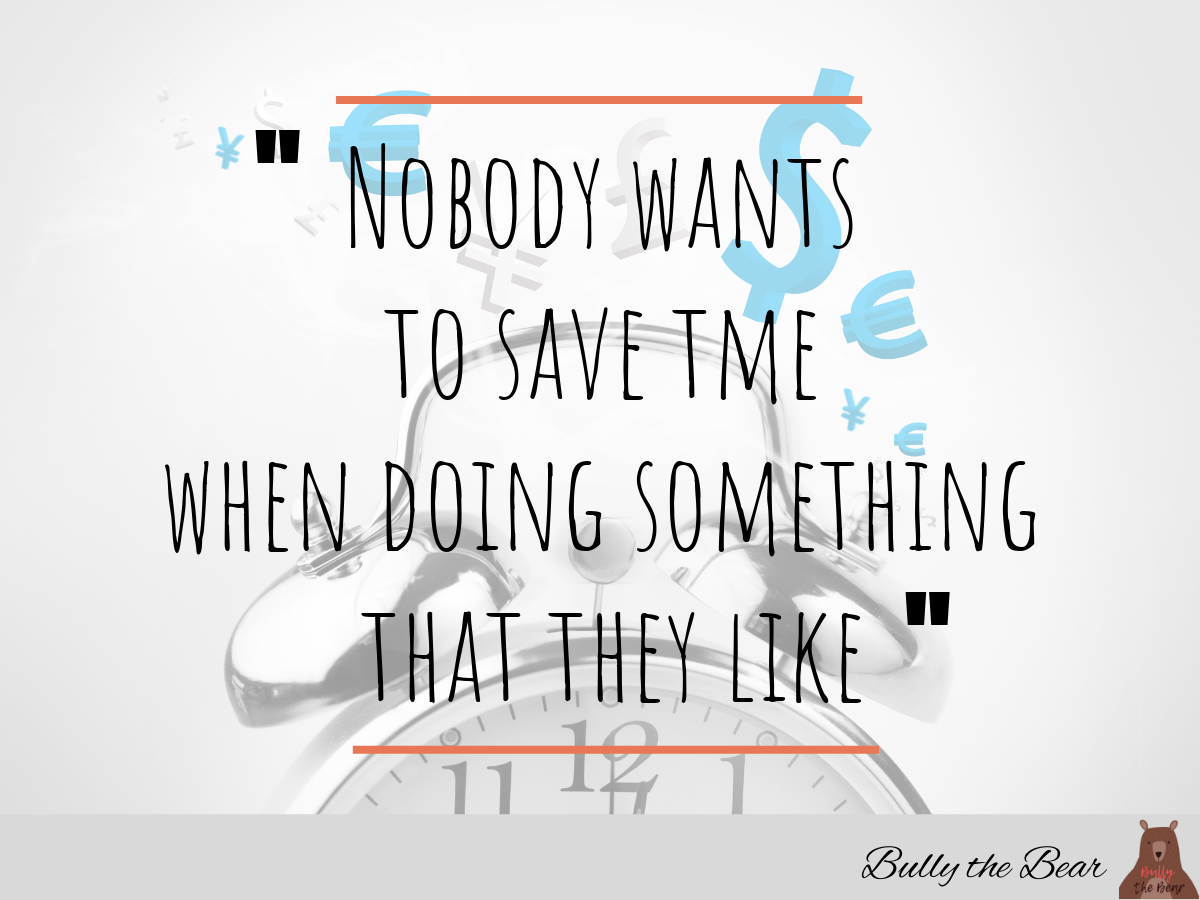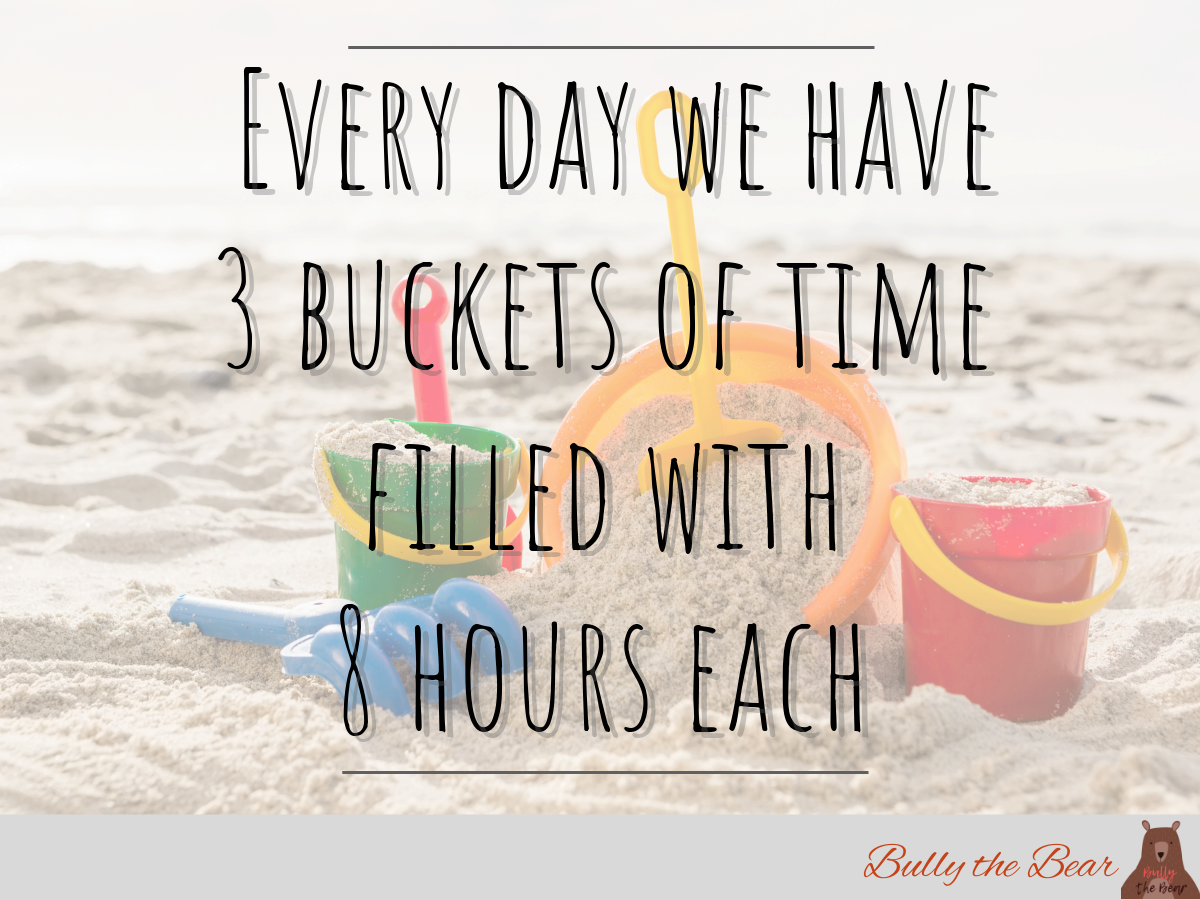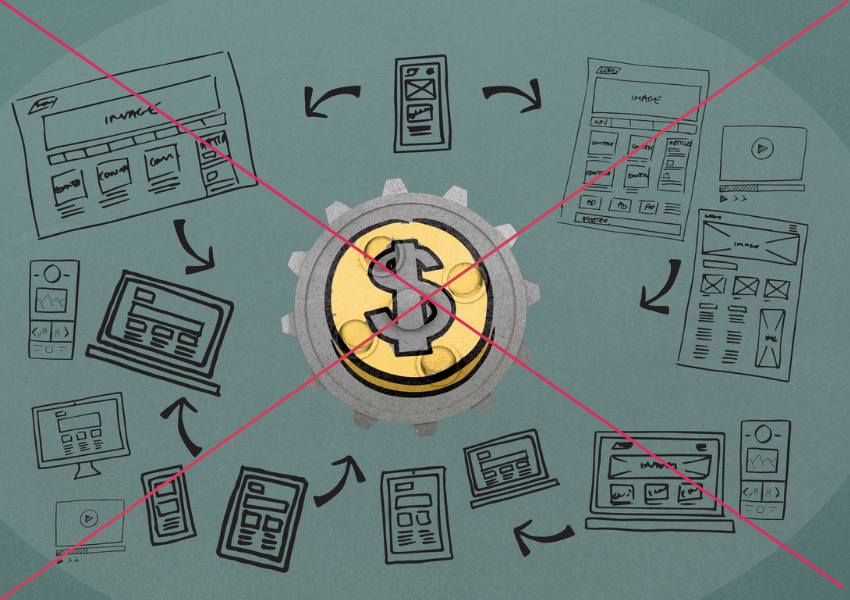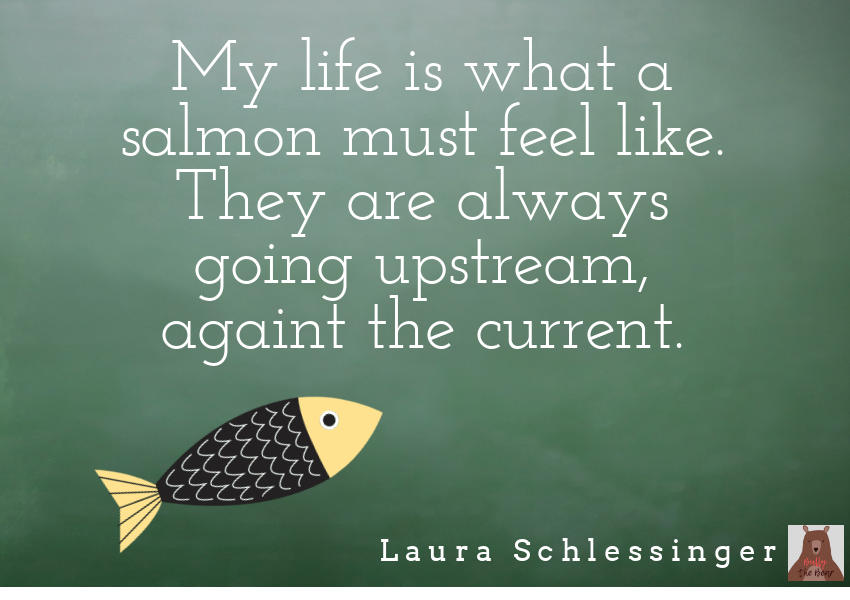Year 2020 is the year of the books for me. I read voraciously because I can't go to malls and I'm 'stuck' at home most of the time. But I'm secretly happy because that's exactly what I want to do most of the time - just blanket myself up, put a book on my lap, a pillow behind my back and read myself to sleep.
I read a total of 59 books, way exceeding my target of 52 books a year. I know, I have no life. Since I have the time, I also wrote down short summaries for all the books read. There are some worthy books have a much lengthier summary for my own records and learning purpose.
In descending order of books read, here's the list:
59) The psychology of money - Morgan Housel
58) The almanack of Naval Ravikant
57) Network Effect - Martha Wells
56) Home: Habitat, Range, Niche, Territory - Martha Wells
55) Exit strategy - Martha Wells
54) Rogue Protocol - Martha Wells
53) Artificial condition - Martha Wells
52) All systems red - Martha Wells
51) Manners begin at breakfast - Marie Chantal
50) Kappa quartet - Daryl Yam
49) X-men: days of future past - Alex Irvine
48) Lee Kuan Yew - Graham Allison/Robert D. Blackwell/Ali Wyne
47) Memoirs of an infantry officer - Siegfried Sassoon
46) Trollhunters - Guillermo Del Toro / Daniel Kraus
45) Too much and never enough - Mary L. Trump
44) Hidden girl - Ken Liu
43) The wandering Earth - Liu Cixin
42) Supernova Era - Liu Cixin
41) The weight of memories - Liu Cixin
40) Of ants and dinosaurs - Liu Cixin
39) Die with Zero - Bill Perkins
38) Beacon 23 - Hugh Howey
37) Hard choices - Sudhir Thomas Vadaketh
36) Ultralearning - Scott Young
35) Opposite of Always - Justin A. Reynolds
34) Hard at work - Gerad Sasges
33) Tripping over the truth - Travis Christofferson
32) Goodbye, Things - Fumio Sasaki
31) Waste tide - Chen Qiufan
30) Currency war - James Rickards
29) Funny, You Don't Look Autistic - Michael McCreary
28) Things my son needs to know about the world - Fredrik Backman
27) How to forge a frogman - Max West
26) Islands of Genius - Darold A. Treffert
25) The collected stories - R.A Salvatore
24) Tattooist of Auschwitz - Heather Morris
23) Boundless - R.A. Salvatore
22) The new "hidden hand" thread - compiled by Wes Penre
21) How to stop time - Matt Haig
20) Money wisdom - Christopher Tan
19) Maybe you should talk to someone - Lori Gottlieb
18) Maid - Stephanie Land
17) Art of simple living - Shunmyo Masuno
16) Wes Penre papers - 1st level of learning - Wes Penre
15) The man who solved the market - How Jim Simons launched the quant revolution - Gregory Zuckerman
14) Children of the Resistance series - Dugomier/Benoît Ers
13) Invisible planets - Ken Liu
12) Goh Keng Swee: A portrait - Tan Siok Sun
11) Don't fall for it - Ben Carlson
10) Win Bigly - Scott Adams
9) Can't hurt me - David Goggins
8) It's easy to cry - Subhas Anandan
7) The best I could - Subhas Anandan
6) Impractical uses of cake - Yeoh Jo-Ann
5) Loserthink - Scott Adams
4) The new case for Gold - James Rickards
3) Homerooms and Hallpasses - Tom O'Donnell
2) French kids eat everything - Karen Le Billon
1) Fundamentals of piano - Chaun C. Chang
As usual, I'll list down the non-fiction books that I think are great. You decide if you want to follow them up. Most of the books can be borrowed through e-book format from the great NLB accompaniment app Libby (not the NLB's official app).
1. Can't hurt me - David Goggins
This book is about channelling the shit that is happening in your life: all the anger, the injustice and the unfairness, and then funnel them into a motivating force to get better. This helped the author, at least for a while, but later he realised that channelling all the rage isn't going to work anymore. Hence he seeks a sort of contented peace towards the end of the book. The author's extraordinary life in which he overcomes all the obstacles is very inspiring. In the book, you'll see the major events that shaped his life, followed by lessons in which you can do to challenge yourself. Highly inspiring and teaches you how to suffer well. But who exactly is the author? He is the crazy dude who does pullups to break the Guinness record until his skin peels off but continues doing anyway. Or runs ultra-marathons once a week, something like that.
2. Money wisdom - Christopher Tan
A collection of articles written by the chief of Providend, a fee-only financial advisory firm. I think the book talks about all aspects of personal finance, including insurance and investment. I learnt quite a few things reading it, to the extent that I went ahead to close the gap of long term care in my insurance portfolio by upgrading my Eldershield plan. Makes me want to really go and visit them, pay them a fee and see if I get my financial shits right before it's too late. Highly recommended.
3. Ultralearning - Scott Young
I can't stop recommending this enough. If I have to choose the one book to read in Year 2020, this will be the one. This book teaches you how to learn anything. It's the ultimate meta book on learning how to learn. This is one of the worthy books that I mentioned earlier and I made detailed notes in the link here. I expect that I'll be revisiting this book again and again whenever I need some tips and tricks to get through any learning obstacles in the future.
4. Die with Zero - Bill Perkins
Another worthy book. This book changes my viewpoint on having a poor person's mentality to something more balanced. It's about not leaving excess behind and spending all that you want. I know I know how this sounds like. Doesn't seem fitting for someone on the journey to financial freedom right? But I promise it does make a certain sense. Not suitable for those who are spendthrifts in personality. Very very suitable for hardcore savers looking for another viewpoint towards frugality. Good quality of life, not necessarily materialistically speaking, is what the author is trying to convince us to do. And he convinces me.
5. The psychology of money - Morgan Housel
This book deserves a second or even a third reading. The author is a very good writer and it makes the lessons inside all the easier to assimilate. Each lesson starts off with a story (or two), so it is easier to relate to. Of the many lessons inside, a few stand out to me. The best lesson I've got out of this is that everyone is reasonable. It might not be for you, but it is for them at that point in time, so respect that. The second thing I got out of this is that we don't have to aim for the highest return, just reasonable will do. It'll be easier to sleep at night. Great book.
I read lots of fiction books. For those who don't know my story, I do not read fiction at all for many years. In fact, from after primary school until adulthood because I thought they are just stories. How silly. Non-fiction books teach one about life's reality and fiction books teach one about how to be a human. Both equally important.
For fiction books, I read a lot of books by one of China's sci-fi greats - Liu Cixin. Anything by him is generally good. Of the books written by him, Supernova Era, highly disturbs me. It's a chilling tale about how a supernova from light-years away gave off deadly radiation that killed off all adults on earth. The world is then governed by children. Will that kind of world be a world full of wonders and full of child-like innocence? In short, no. And it's a disturbingly strong no.
 |
| Supernova era by Liu Cixin |
 |
| Murderbot Diaries by Martha Wells |
Then when I was in the library, I chanced across a series of 6 books by Martha Wells named Murderbot Diaries. Oh My Goodness, it was so good. The Murderbot Diaries is written in the perspective of a part organic part inorganic security droid that called itself Murderbot. It hacked itself so that it doesn't have to follow the orders, and yet it cared way too much for the human clients that had hired it. The characterization of this part machine part human being is so good that it makes me want to read on and on and see what it is going to do. This has the potential to be a hit series in Netflix original production and I'm so glad to have chanced upon it. Serendipity.
2020 is also the year that I started listening seriously to audio books and podcast. At first, it's a little strange, because I find that reading is faster and easier to absorb. But it's all a matter of getting used to this. Eventually it's quite good because I get to listen together with my wife, and possibly lead us to discuss related topics. Shared experiences are good, especially since reading is such a private experience. I expect myself to do more of this in year 2021.
Alright, that's all from me for now. Let me know if you have any good books to recommend me. Also let me know if you had read the books that I've listed here and agree with me that they are fantastic read. Live long and prosper.

